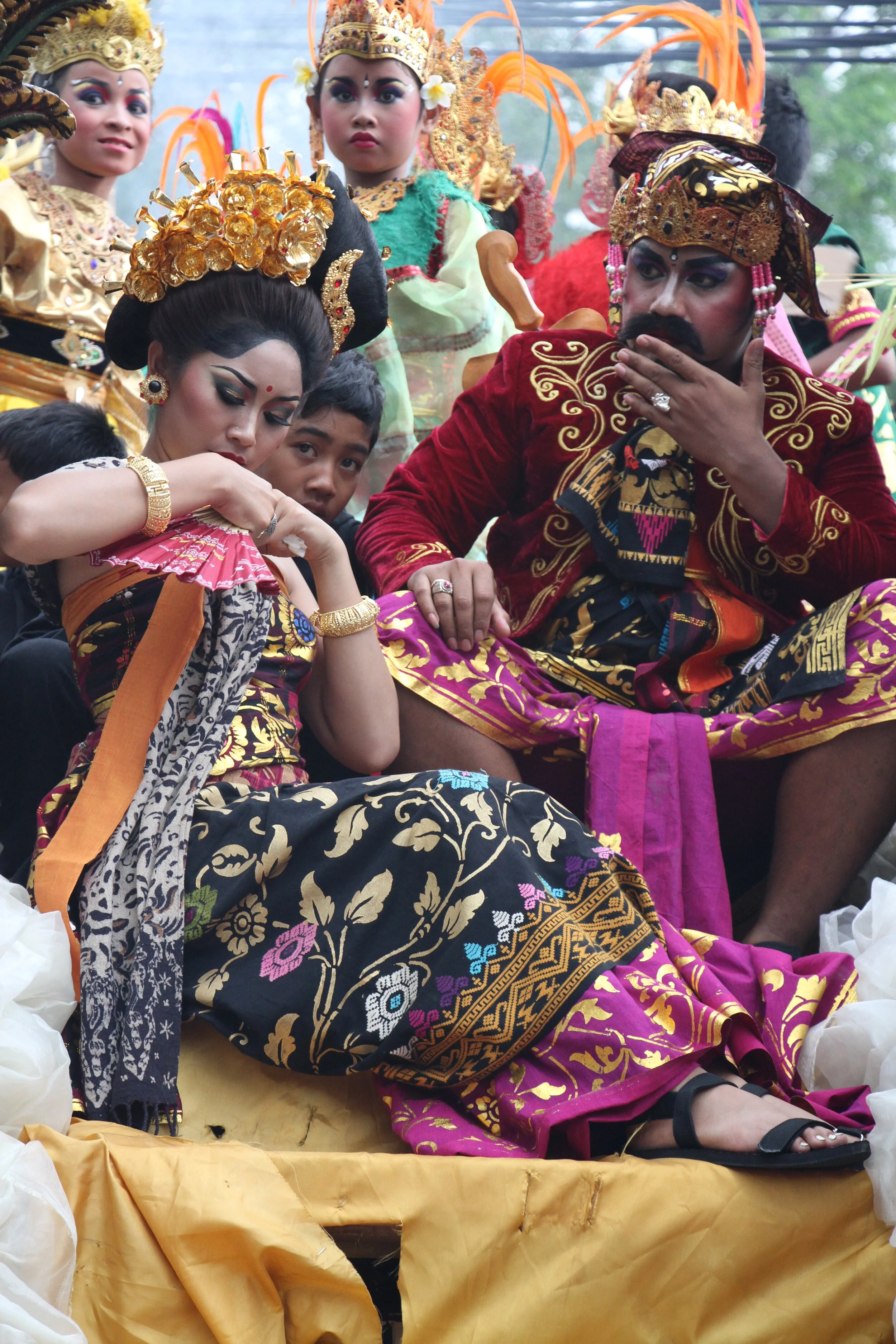The World Is An Amazing Place
2020 was undoubtedly 'slow.' It was a time when sloth and procrastination, to which I have been addicted for a few years, provided me with ample time to bring these two laconic bedfellows to a state of absolute perfection.
During the really 'slow' days (read, most days), I poured over the thousands of photographs we have taken over the decades, bringing back memories of times I had mostly forgotten, gazing at the faces of friends, long-vanished and gone or at faraway places that I still long for.
These images presented a chronological progression of our children's early and middle years, depicting them and us in various counties where we lived. This photographic montage made me realize it has been almost ten years since we took a chance and moved to Indonesia and settled on the small island of Bali, which clings like a limpet to the great southern archipelago.
The laconic pace of life means time slips by almost unnoticed, re-enforcing the notion that it is indeed a rather splendid place to live. The name "Indonesia" means "Indian Islands," originating from the Greek words "Indos" (meaning India) and "nesos" (meaning island). This term was coined by the Englishman J. R. Logan in 1850. It is a singular term that denotes a particular nation, but there is nothing uniform about its culture. Indonesia geographically is a country the size of the United States of America, except that 60% of it is underwater! Nature ensured that this vast landmass became a nation of islands, all 17,000 of them scattered across sixty - separate archipelagos.
It is a wild, diverse country with over 300 separate ethnic groups who somehow co-exist peacefully. There are seven hundred and fifty languages and over one thousand five hundred dialects meaning the country is a bewildering mix of cultures. The population of almost three hundred million are a diverse lot, living their day-to-day lives in unity in diversity.
Tolerance here is a way of life. Indonesians on the whole, live their lives in their breezy indifference towards the wider world. Their unchallenged certainty that they live the best of all possible lives in the best of all possible locations. I think they believe that God or the many Gods have somehow marked them out for special favour by placing them where all of life's blessings seem to be gathered together in one unassumingly hallowed spot.
What binds the people of this, the fourth most populous population on earth, like industrial glue, are two critical factors: religion and family. No matter how old or independent they are, family life is a sacred institution; for instance, youths moving out of their parent's house is never contemplated, even if they have a stable income of their own. It's not necessarily a sign of dependency; it just shows the nation's values and principles regarding the family structure. Unlike in Western cultures, here, as parents age, children fight amongst themselves to be the ones who care for them in their dotage.
Greater Indonesia has the largest Muslim population in the world. Although it is a secular country by law, Islam is one of six official religions, along with Catholicism, Hinduism, Buddhism, and Confucianism.
Indonesia has special ceremonies for even the tiniest milestones, from a child's first step on the ground to celebrating certain months of pregnancy. Life events, such as weddings, funerals and cremation ceremonies, are performed with mesmerizing and colourful displays involving hundreds, if not thousands, of participants.
These beliefs are not restricted to those living in traditional, remote villages. Even within the giant metropolises, the inhabitants integrate their traditions and cultural values alongside contemporary 'modern' lifestyle. Even the multi-nationals still consult almanacs or spiritual elders to determine the best day to do business or begin significant construction projects.
They are a creative lot.
Indonesians depict their rich culture in their art, sculpture, literature, music, dance, theatre and architecture, drawing inspiration from the archipelago's diverse culture and values.
If I lived here for a thousand years, I would still not comprehend their ingrained traditions and value systems; however, they have welcomed me into their lives, and for that, I will be forever grateful.
Tabanan, West Bali December 2020
Photography copyright Paul v Walters & E.J. Lenahan












